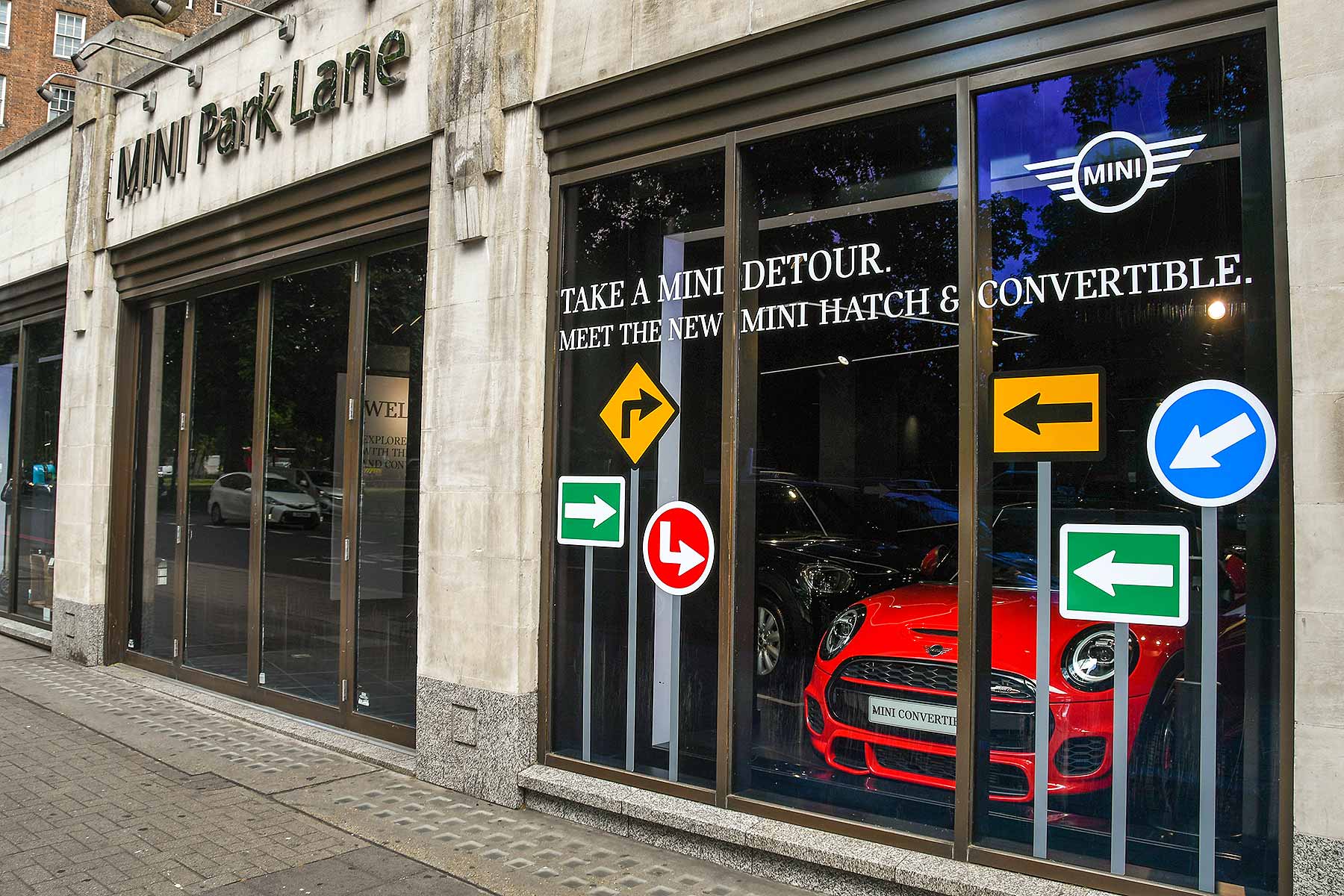 New car supply issues caused by strict new WLTP fuel economy and emissions regulations are behind a whopping 20 percent fall in new car registrations during the key month of September, the Society of Motor Manufacturers and Traders (SMMT) today reports.
New car supply issues caused by strict new WLTP fuel economy and emissions regulations are behind a whopping 20 percent fall in new car registrations during the key month of September, the Society of Motor Manufacturers and Traders (SMMT) today reports.
Overall, around 87,000 fewer cars were sold than in the same month in 2017 – and for some brands, the picture was particularly bad, with registrations HALVING.
A lack of consumer confidence also contributed to the decline in what’s typically the best month of the year for new car sales, said SMMT chief executive Mike Hawes.
“With the industry given barely a year to reapprove the entire model line-up, it’s no surprise that we’ve seen bottlenecks and a squeeze on supply. These are exceptional circumstances with similar declines seen in other European markets.”
Hawes did, however, say that bottlenecks are expected to soon clear, with momentum expected to recover towards the end of the year. UK registrations are currently 7.5 percent behind 2017, and the SMMT expects this gap to narrow as 2018 draws to a close.
338,834 new cars were registered in September 2018, compared to more than 425,000 last year.
Big fallers
Among the most striking declines seen in September was a massive 55.1 percent decline in Volkswagen car registrations. This equates to more than 20,000 fewer VW registrations in September, leading to the brand’s market share halving to less than 5 percent.
Premium sister brand Audi was also hit hard, with a 53 percent decline in new car sales.
The results for Volkswagen contrast with June, July and August, where it was actually the top-performing brand in the UK. Its overall figureas are, however, still up on 2017, with an 8.25 percent market share making it the second-biggest car brand in the UK.
“We are expecting the WLTP testing process to have a temporary effect on our vehicle registration figures,” said the firm in a statement, “but believe that the Volkswagen Group brands will recover and continue making progress in the UK market during 2019.”
Infiniti suffered one of the biggest declines, with an 89 percent fall: it registered just 42 cars in September. DS was down 77 percent, recording 416 sales compared to 1,850 in 2017. Suzuki was another surprise casualty of production bottlenecks, falling 58 percent.
Dacia, Alfa Romeo, Nissan, Seat and Skoda also suffered above-average declines.
Other brands took the opportunity to capitalise on the supply issues of others. Kia enjoyed an excellent month, for example, with the Sportage becoming the seventh best selling car in the UK.
In September, Kia actually matched Volkswagen for UK market share. Jaguar, Volvo, Mitsubishi and Subaru also enjoyed significant sales gains: Jaguar’s market share improved to more than 2 percent, and Volvo took a 2.5 percent market share.
The Vauxhall Corsa also staged an overdue recovery, while the premium Mercedes-Benz A-Class took the unlikely honour of becoming the UK’s third best-selling car.
Diesel doom
The picture for diesel in the UK continues to worsen. In September 2017, the fuel took a 40 percent market share. Last month, this dropped to just 29 percent: more than 87,000 fewer diesel cars were registered compared to 2017.
That’s equal to a 42.5 percent fall in sales – more than double the overall market decline. Petrol sales, in contrast, were down just 6.7 percent.
Petrol cars now comprise 64 percent of overall registrations, while alternative fuel vehicles (electric cars and hybrids) also benefitted, enjoying 3.9 percent growth to record an overall market share of almost 7 percent.
Top 10 best selling cars – September 2018
1: Ford Fiesta (12,227 cars)
2: Vauxhall Corsa (10,660)
3: Mercedes-Benz A-Class (8,005)
4: Nissan Qashqai (7,033)
5: Mini (6,931)
6: Nissan Juke (6,710)
7: Kia Sportage (6,309)
8: BMW 1 Series (6,280)
9: Ford Focus (6,177)
10: Ford Kuga (6,018)